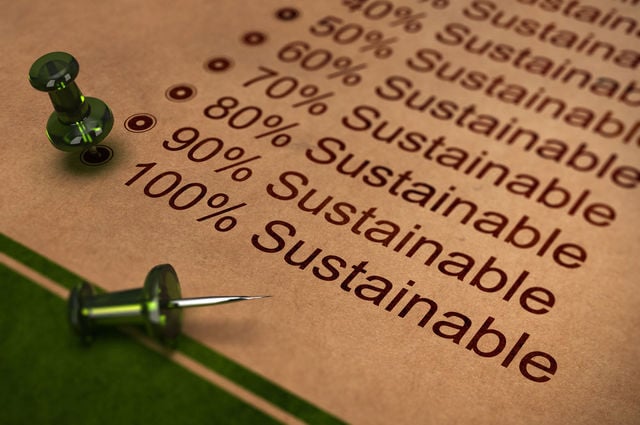How can sustainability be communicated beyond clichés and greenwashing?
31 experts shared their view
Both clichés and greenwashing are amongst the biggest traps to fall into when communicating sustainability. A "let's save the world" claim and tacky towel policy stickers are superficial and unappealing and could be a turn-off to the small group of environmentally and socially-conscious consumers. Green certification and lengthy, detailed corporate sustainability reports may (potentially) be of interest to a small niche group of highly activist consumers, who may not buy into that type of corporate hospitality in any case. However, there is a growing number of informed travelers: Those in search of genuine wellbeing and meaningful experiences at no (or as little as possible) cost to the planet. What works and what doesn't work in communicating sustainability? Any recommendations in regard to communication entering this critical decade?
To avoid falling into the „greenwashing trap” business need to be transparent, honest and modest. Since “greening” is not the core business of most tour-operators, hotels or resorts, investing in the wrong project or a poor strategy might turn into a slippery slope to reputation damage. There are plenty of pitfalls many of which result from a common dilemma which I'd like to call “intending good - but doing badly”. To involve external experts will help you not only to avoid the worst but also to find the best. Try to create a deeper understanding of what you are doing and why. That will make your communication powerful. My advice: Know what you talk about. Don't show-off. Be modest. Be precise. Define goals and name challenges.


